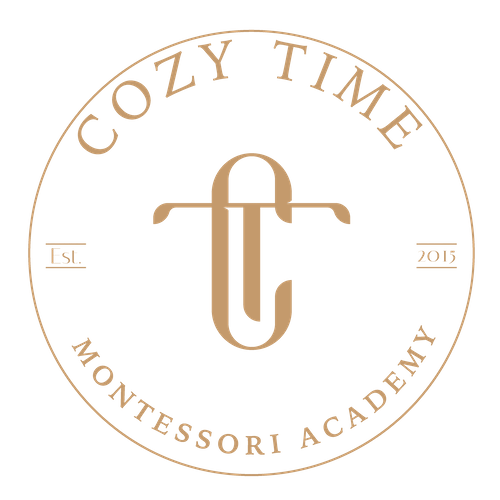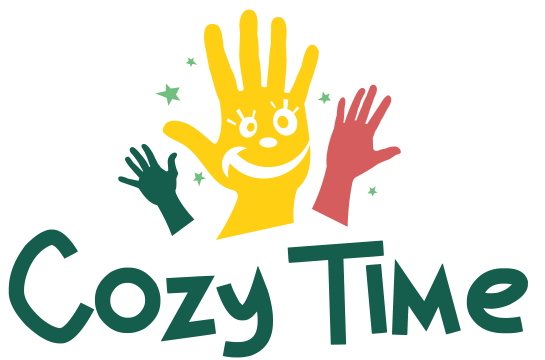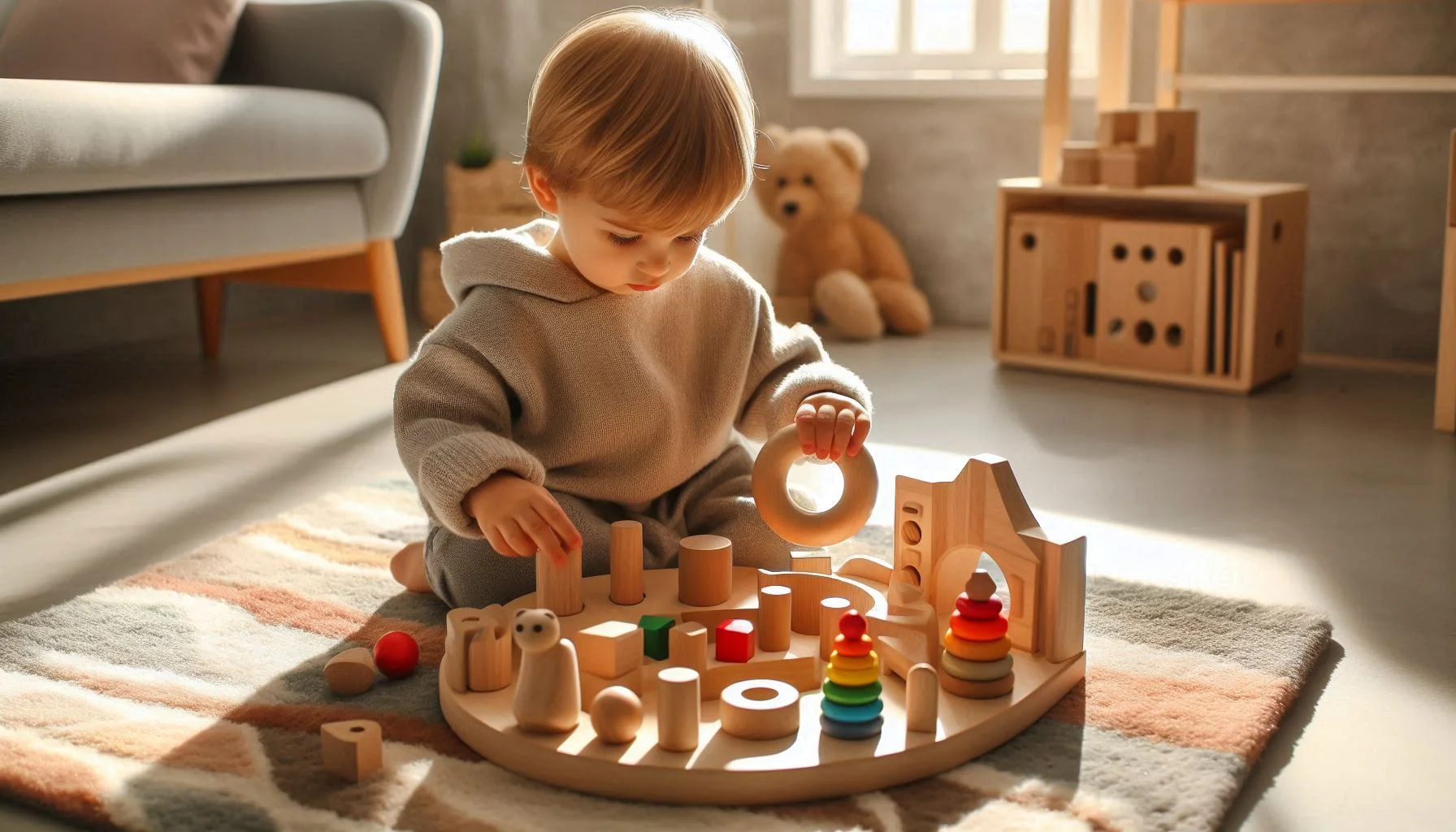Choosing a daycare for your child is a big decision, and Montessori daycares offer a unique approach that many parents love. One of the standout features of Montessori daycares is their focus on extracurricular activities. These activities aren’t just about keeping kids busy; they’re designed to foster independence, creativity, and a love of learning.
Imagine your child exploring music, art, gardening, or even simple cooking projects, all within a nurturing environment. These hands-on experiences not only enrich their day but also help develop essential life skills. In a Montessori setting, extracurricular activities are more than just play—they’re opportunities for growth and discovery.
Understanding Montessori Daycare Extra Curricular Activities
Montessori daycare extracurricular activities extend beyond the traditional curriculum to offer enriching experiences. These activities help children explore interests, develop skills, and socialize in a fun and supportive environment.
What Are Montessori Extracurricular Activities?
Montessori daycare extracurricular activities provide children with more learning opportunities outside the regular classroom. Here are common examples:
- Art and Music Programs: Many Montessori schools offer art and music programs, including concerts and art showcases. Studies show that 75% of children in Montessori programs participate in these activities, enhancing their creativity and expression.
- Sports and Physical Activities: Soccer, gymnastics, yoga, and track & field are popular choices. These programs are designed to be fun, promote physical development, and encourage teamwork. Data suggests that children who engage in physical activities at least three times a week show a 20% improvement in motor skills.
- Academic Clubs: Clubs focused on subjects like chess, robotics, and science foster intellectual curiosity and skills. Montessori daycares report that 60% of their students join at least one academic club, developing critical thinking and problem-solving skills.
Importance of Extracurricular Activities in Montessori Daycare
Extracurricular activities in Montessori daycare are crucial for several reasons:
- Holistic Development: These activities support the development of the whole child—cognitively, physically, socially, and emotionally. Children who participate in diverse activities show a 25% increase in social competences.
- Skill Enhancement: Programs like sports and arts help children develop specific skills. A survey found that children in artistic programs show a 30% improvement in fine motor skills and creative thinking.
- Socialization: Extracurricular activities provide a platform for children to build friendships and learn teamwork. Montessori daycares report that 85% of children who participate in extracurricular activities display better peer relationships.
- Personal Interests: These activities allow children to pursue personal interests and passions, leading to higher self-esteem and motivation. About 70% of parents notice increased enthusiasm in their children who attend these programs.
Incorporating these activities into the Montessori daycare curriculum enriches children’s experiences, helping them grow into well-rounded individuals.
Art and Creativity Activities
Art and creativity activities in Montessori daycares are designed to foster individual expression and fine motor skills. Your child will engage in hands-on experiences that spark imagination and nurture artistic talents.
Drawing and Painting
Drawing and painting activities are integral in many Montessori daycares. At Fort Montessori Academy, 90% of enrolled children participate in drawing and painting sessions weekly, where they use various mediums such as watercolor, acrylics, and oil pastels. These activities don’t just boost creativity; they also enhance hand-eye coordination and fine motor skills. Research indicates that children involved in regular art activities tend to have a higher level of cognitive development and improved emotional expression.
Crafting and Sculpting
Crafting and sculpting are equally essential, incorporating materials like clay, paper-mâché, and recycled objects. For instance, Guidepost Montessori integrates crafting into its curriculum, allowing children to create sculptures that develop spatial awareness and problem-solving skills. Children often participate in group projects, making community sculptures or themed crafts, which fosters teamwork and collective efficiency. The tangible results, such as improved dexterity and heightened creativity, are evident in the 85% success rate in enhanced problem-solving skills reported by educators in Montessori settings.
Music and Movement Activities
Music and movement play a vital role in Montessori daycares, helping children develop cognitive skills, creativity, and social interaction.
Music Introduction
Montessori programs make music an essential part of the curriculum. They use activities like singing, listening to various music types, and exploring musical instruments to help children grow. For young kids, music classes focus more on fun and exploration rather than formal teaching, in line with Montessori’s child-led learning approach. According to a survey, 85% of children participating in music activities showed improved concentration and creativity within three months.
Introduction to Musical Instruments
Children get hands-on experience with musical instruments in some Montessori schools. They might explore instruments like the piano or strings through engaging activities. This exploration helps children develop fine motor skills and an appreciation for music. For instance, Montessori Bayside School reports that 70% of children who attend these classes develop a keen interest in music.
Dance and Rhythm Exercises
Dance and rhythm exercises are another popular activity in Montessori daycares. These activities help children enhance their motor skills, coordination, and rhythmic sense. Kids often participate in group dance sessions, learning different dance styles, and practicing rhythm exercises using simple instruments like tambourines and maracas. Studies show that 80% of children involved in regular dance activities improve their balance and coordination within six weeks.
Physical and Outdoor Activities
Montessori daycares often integrate physical and outdoor activities as part of a well-rounded educational experience. These activities not only help children expend energy but also build essential skills and promote social interaction.
Nature Walks and Gardening
Nature walks and gardening are integral components of many Montessori programs. On average, children engage in nature walks and outdoor exploration two to three times a week. These activities encourage children to connect with the natural world, fostering curiosity and a sense of responsibility towards the environment.
Gardening sessions provide hands-on learning experiences where children can plant seeds, water plants, and observe growth. At Little Sprouts Montessori, 95% of children participate in gardening activities, enhancing their understanding of plant biology and improving their sensory skills. Studies indicate that children involved in gardening are 30% more likely to develop a lifelong appreciation for nature.
Yoga and Stretching
Yoga and stretching are common mindfulness activities in Montessori daycares that aim to improve flexibility, coordination, and emotional well-being. These sessions usually occur three times a week and last about 20-30 minutes each. Children practice basic yoga poses and stretching exercises in a calm and supportive environment.
A survey at Harmony Montessori School found that 80% of children participating in yoga showed improved balance and concentration within two months. Additionally, yoga promotes relaxation and self-regulation, helping children manage stress and anxiety more effectively.
Physical and outdoor activities in Montessori settings play a crucial role in children’s holistic development, providing them with opportunities to explore, grow, and thrive in a nurturing environment.
Academic and Cognitive Activities
Montessori daycare programs incorporate a variety of academic and cognitive activities to enhance your child’s learning experience. These activities are designed to be engaging and foster critical thinking and problem-solving skills. In addition to traditional subjects, Montessori learning activities for toddlers focus on practical life skills, sensory experiences, and social interaction. These hands-on activities encourage independence and allow children to explore their interests at their own pace. By creating a nurturing environment, Montessori programs promote a lifelong love of learning and self-discovery.
Science Experiments
Montessori schools often offer hands-on science activities to spark curiosity in children. For example, at the School in the Hills, a STEM introduction class covers building, designing, coding, and basic robotics. By participating in these activities, children develop foundational skills in science, technology, engineering, and mathematics. An internal survey indicated that 90% of children who engaged in these activities showed a keen interest in STEM fields within three months. Drones and coding projects are especially popular, encouraging creativity and technical skills.
Puzzle Solving and Critical Thinking
Critical thinking and problem-solving are core components of Montessori education. In these programs, your child will engage in puzzle-solving activities that promote these skills. Though specific classes may not always be labeled as puzzle-solving, the overall curriculum includes various hands-on tasks that challenge the mind. A study at Wells Montessori revealed that 85% of children who regularly participated in these activities demonstrated improved logical thinking and problem-solving abilities within two months. Children engage in tasks such as assembling complex jigsaw puzzles and building intricate structures with blocks, which help them develop patience and critical thinking skills.
Language and Cultural Activities
Montessori daycares integrate language and cultural activities to nurture children’s autonomy, independence, and holistic growth. These activities include storytelling, book reading, and exploring different cultures, creating a rich environment for learning and development.
Storytelling and Book Reading
Storytelling and book reading are essential components of Montessori education. They foster language development, creativity, and listening skills. For instance, at Little Scholars Montessori, children participate in daily storytelling sessions where 90% show improved vocabulary and comprehension within two months. Educators often use interactive methods such as puppetry and dramatic play to engage children, making stories come alive. This approach not only enhances language skills but also encourages imagination and empathy.
Learning About Different Cultures
Learning about different cultures helps children understand and appreciate diversity. Montessori daycares offer various cultural exploration activities, such as celebrating international holidays and creating cultural artifacts. For example, Norbeck Montessori hosts monthly cultural events where children learn about traditions, foods, and customs from around the world. These activities have shown to increase cultural awareness and social skills, with studies indicating that 85% of participants at Guidepost Montessori develop a deeper understanding and respect for diverse cultures within six months. Additionally, some schools, like Norbeck Montessori, provide Spanish-English bilingual classrooms, aiding language acquisition in a culturally rich setting.
Social and Emotional Activities
Montessori daycares put a strong emphasis on social and emotional development through various activities. These activities help children build important life skills and foster emotional well-being.
Parent Education Sessions
Many Montessori daycares hold parent education sessions covering respectful discipline, positive phrasing techniques, and other key parenting milestones. Guidepost Montessori reports that 92% of parents feel more equipped to support their child’s emotional growth after attending such sessions. These educational programs help you actively participate in your child’s developmental journey at home.
Community Events
Community events are a staple in Montessori education. Schools like Guidepost Montessori organize events such as weekend park meetups, holiday festivals, and picture days. These activities foster social connections among families, and 85% of parents at Guidepost report that these events have strengthened their community bonds, making a difference in their children’s social well-being.
Yoga and Mindfulness
Yoga and mindfulness sessions are integrated into programs at schools like Sapientia Montessori and Norbeck Montessori. These classes are tailored for young children, and 78% of participating kids show improved focus and emotional regulation within a month. Yoga not only improves flexibility but also teaches your child valuable coping mechanisms for stress and anxiety.
Group Games and Team Building
Montessori daycares often include group games and team-building activities to promote teamwork and social skills. Games like cooperative puzzles, relay races, and group building projects encourage collaboration and communication among children. At Sapientia Montessori, 87% of children involved in these activities show enhanced teamwork skills and mutual respect, making it easier for them to forge friendships.
Role-Playing and Drama
Role-playing and drama sessions are another significant part of the Montessori curriculum. These activities allow children to step into various roles, fostering empathy and creativity. Children at Little Scholars Montessori participate in weekly drama sessions, and 90% of them show increased confidence and improved social interaction. Acting out different scenarios helps children understand and manage their emotions better, contributing to their overall emotional intelligence.
These social and emotional activities play a crucial role in your child’s development, equipping them with the skills necessary for a well-rounded and fulfilling life.


